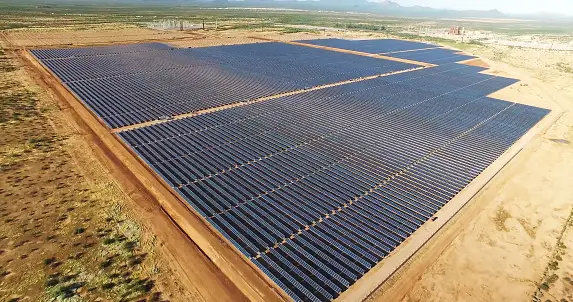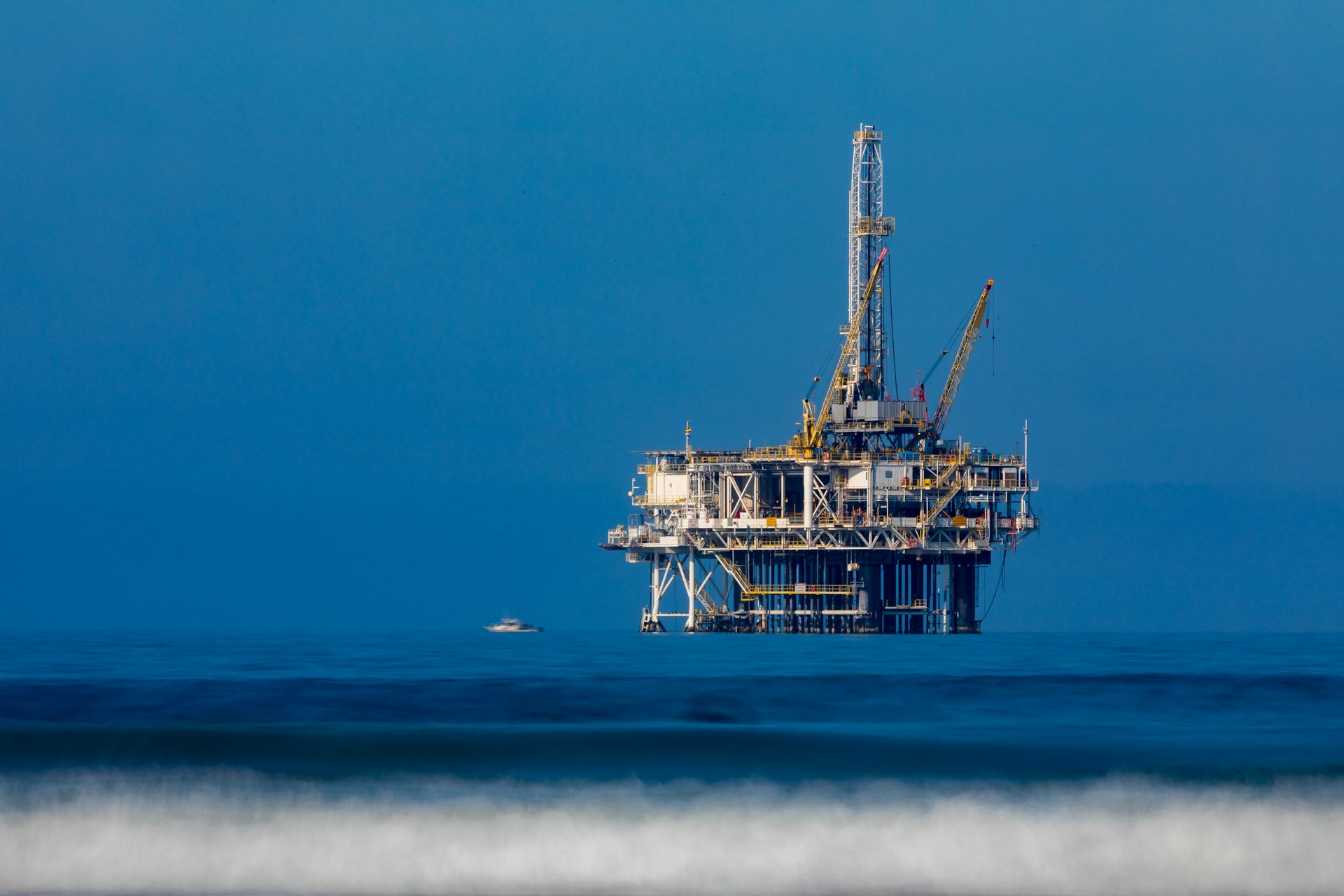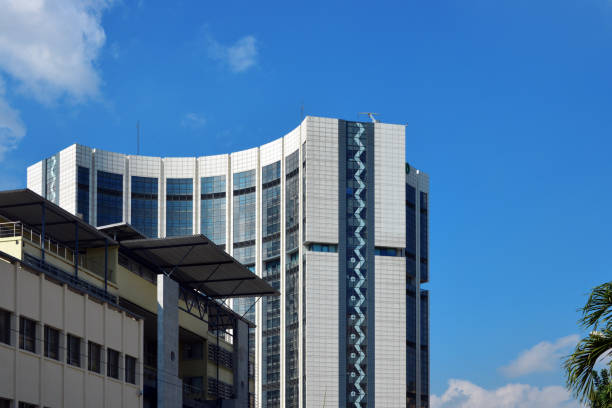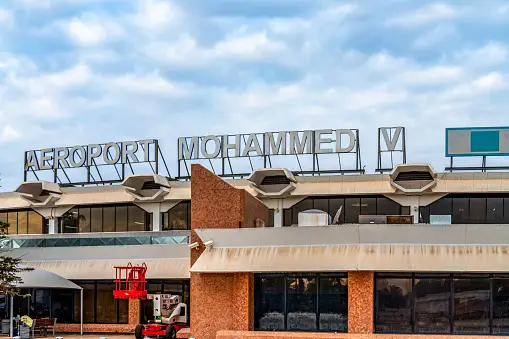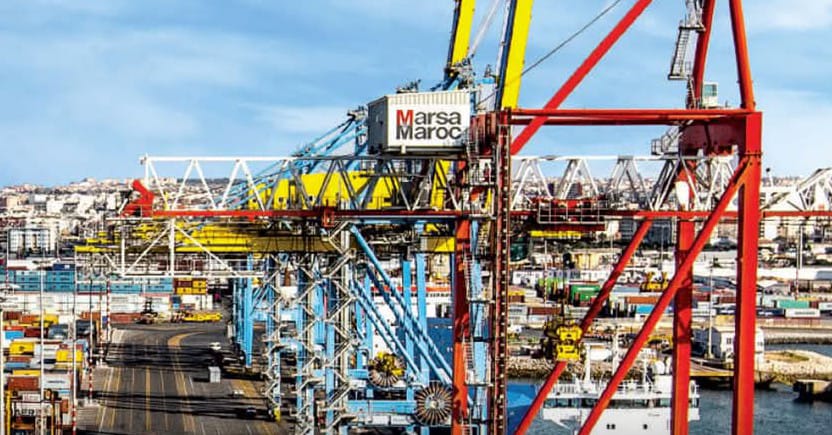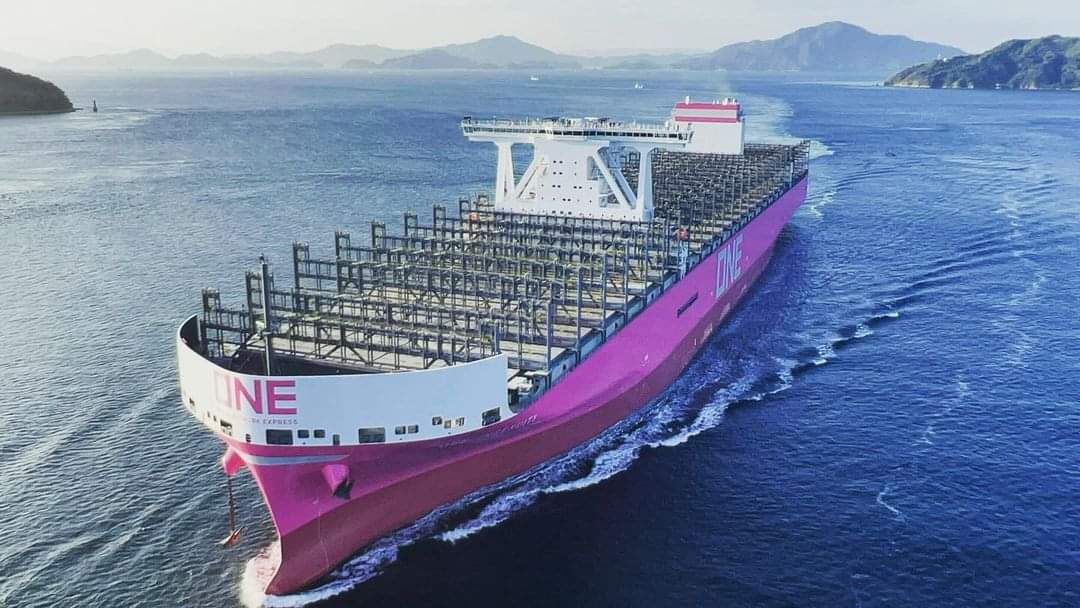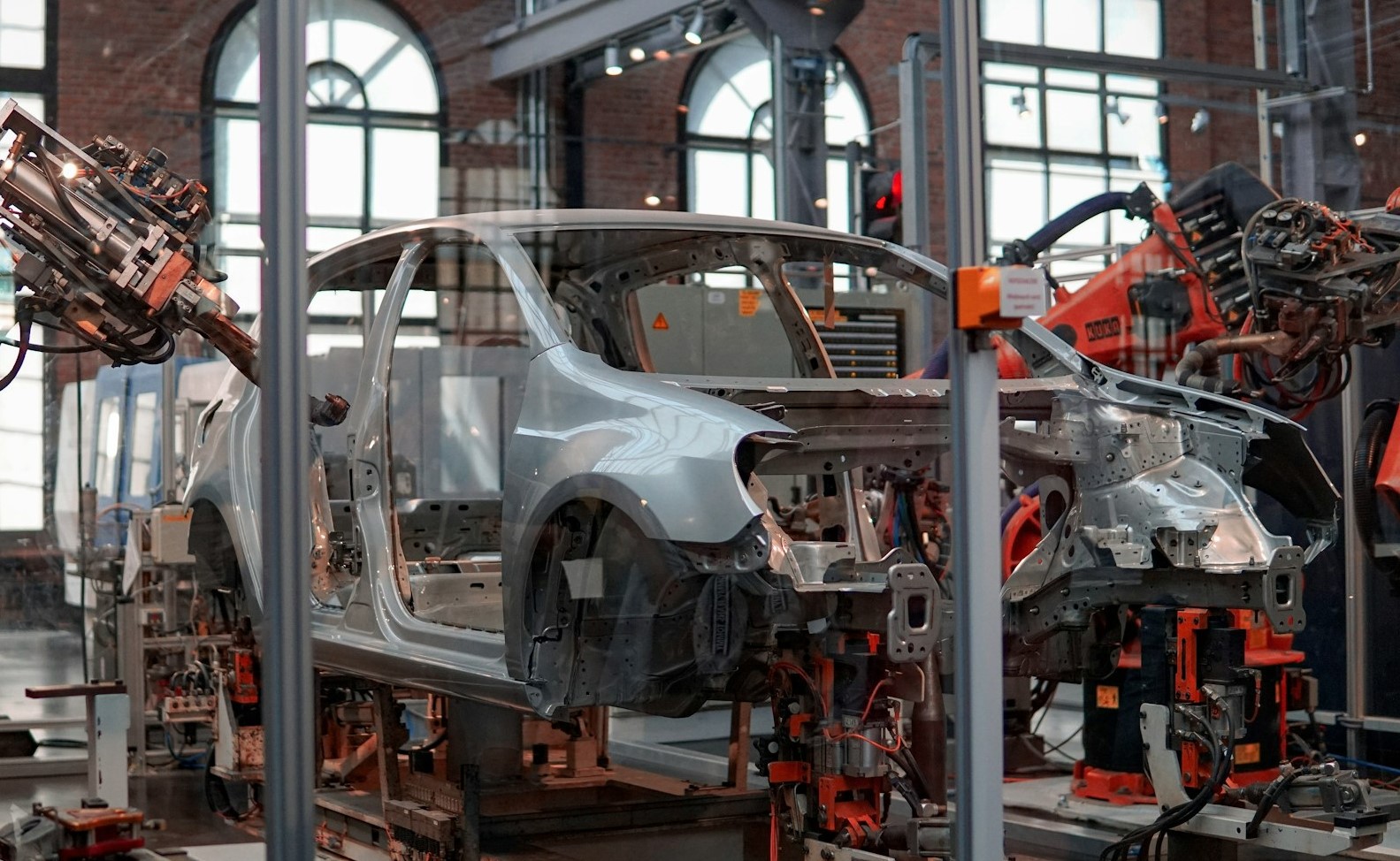Casablanca- Morocco’s strides in renewable energy are garnering attention from European nations seeking to address climate challenges. European countries are increasingly investing in Morocco’s renewable energy sector, drawn by its regional and continental leadership and stable investment environment.
Italy, for instance, has expressed interest in establishing a significant training center for renewable energy in Morocco as part of its “Matti government’s plan for Africa.” This initiative was discussed during the Africa-Italy summit in Rome, attended by Prime Minister Aziz Akhannouch. Akhannouch emphasized Morocco’s emergence as a renewable energy leader under the visionary guidance of the Moroccan king. He highlighted Morocco’s leadership in renewables for over 15 years, reinforced by initiatives like green hydrogen development and the Nigeria-Morocco gas pipeline project, which bolsters energy security in Africa and Europe.
Since launching its first renewable energy strategy in 2009 and commissioning the Ouarzazate solar complex, Morocco has made significant strides, with renewables now constituting over 40% of its energy mix. The country aims to raise this to 52% by 2030. Morocco seeks to leverage its natural resources and strategic location to develop the green hydrogen sector, positioning itself favorably on the global hydrogen map.
The Morocco-Nigeria gas pipeline project, hailed as a model of regional integration, aims to enhance electrification and foster economic development in the region. European interest in Moroccan renewables extends beyond Italy, with Austria also expressing admiration and willingness to cooperate. Morocco’s stable environment, favorable climate, legislative support, and years of experience in renewable energy further attract European investment.
Morocco’s renewable energy achievements span wind, solar, and hydroelectric power, contributing to its goal of achieving a 52% renewable energy mix by 2030. These partnerships align with Morocco’s strategic energy plan since 2009, emphasizing international investment attraction. Moreover, Morocco sees renewable energy as pivotal for sustainable development and fulfilling its climate commitments under the Paris Agreement and COP22 outcomes, aiming to reduce greenhouse gas emissions by 45.5% by 2030.






